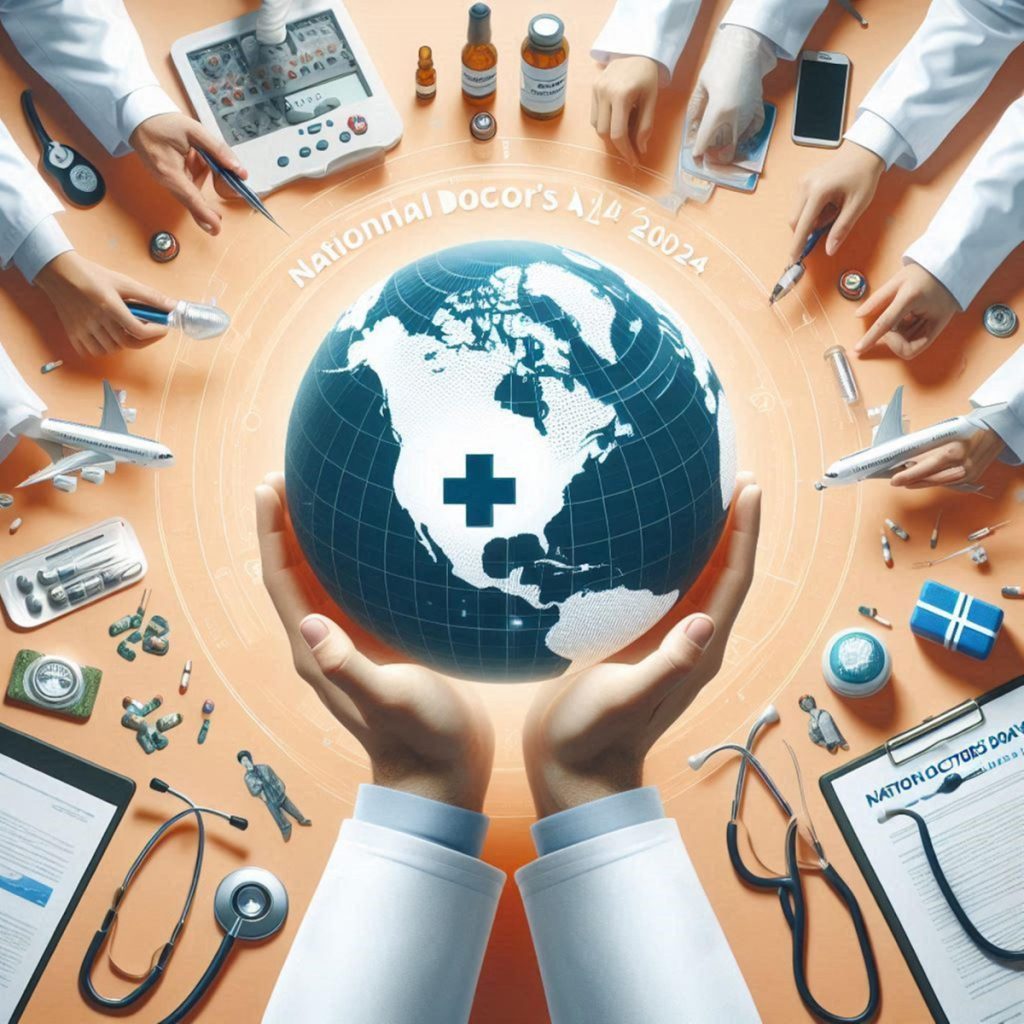Emergency care is the lifeline of any healthcare sector, where instant decisions must be made for the patient’s well-being. Sometimes, these decisions can be the distinction between life and death.
Remember that each patient has different conditions, and the severity of injury can also vary from patient to patient. However, health professionals face excessive conflicts and dilemmas due to the legal and ethical demands of the situations. This blog discusses some of those issues and gives insight into navigating them well.
Common Issues and Insight in Emergency Medical Care
Patient Autonomy and Informed Consent

This is among the most critical ethical issues that emergency medicine faces when obtaining informed consent. In most cases, patients have the right to know about their condition, the kind of treatment, and the possible potential risks. However, in an emergency, when the patient is incapacitated or otherwise helpless, it becomes difficult to obtain explicit consent. This situation pulls in opposing directions, making each way impossible to pull.
Emergency practitioners must balance the ethical duty to respect the patient’s autonomy with the practical need to save lives in the best manner possible and with all due haste. In most jurisdictions, the law deems informed consent implicit in an emergency where serious harm might result from delay.
Patient Confidentiality and Privacy
In the pursuit of medicine, we consider patient confidentiality a mantra. It still occurs superlatively in the emergency setup, where many doctors and support staff handle a patient at a time and must disseminate information in a time-critical fashion.
Legal frameworks like the Health Insurance Portability and Accountability Act (HIPAA) set guidelines for handling patient information. Emergency practitioners must balance sharing information with protecting patient privacy while working within these regulations.
Fair Distribution of Resources

One of emergency care’s most overlooked ethical challenges is the unfair distribution of medical resources. Healthcare providers often find it extremely difficult to allocate resources fairly during a crisis.
As a healthcare provider working in a medical team, you may encounter numerous conflicts regarding resource allocation. You must decide which patients should receive immediate treatment and the necessary resources, such as medicines, food, and saline.
According to the principles of justice, all resources should be distributed fairly, regardless of gender, religion, or status. However, offering equal treatment to all patients in an emergency or mass accident can be nearly impossible.
In such situations, your role is to evaluate each patient’s condition and provide the needed treatment based on its urgency and severity.
Solving the conflicts with patients’ family
When patients cannot speak for themselves and make decisions, their family members can make urgent decisions. If a patient has more than two family members who disagree with these decisions, your involvement as a healthcare provider may be necessary. You navigate these disagreements and ensure the patient’s best interests are considered. As a healthcare provider, you must communicate with the patient’s family and educate them about the needed treatments. Remember, smooth and effective communication is the icebreaker here.
Furthermore, as a healthcare provider, you can explain the treatment procedures to the patients’ families. In emergencies, it’s wise to inform one hospital committee member who can resolve conflicts and help the patient’s family reach a decision quickly.
Ensuring standard medical care for vulnerable patients

As a healthcare professional, you may have to deal with vulnerable patients who are medically unstable, uninsured, extremely poor, or homeless. And as a healthcare fraternity, a hospital must offer standard medical care for such vulnerable patients. Any discrimination, ignorance, or lack of care toward such a vulnerable population comes under a serious ethical obligation. Hence, you must ensure all these vulnerable patients receive the same quality treatment as any other person admitted to the hospital.
This may require you to advocate for social services or NGOs that provide the needed support to such mentally unstable patients. You may also have to dig into community resources to provide care and medical support to this vulnerable population. You may also need to discover the norms and regulations built by the government to assist people who need immediate medical attention.
End-of-Life Decisions
Physicians must navigate these decisions with sensitivity and respect for the patient’s values and wishes, often involving family members or legal representatives. Adherence to protocols and effective communication may ethically manage these situations while protecting them from legal liability.
In high-stress conditions, individuals can make mistakes easily when time is very important, which can readily lead to malpractice claims. Legal protections for emergency practitioners vary, although most jurisdictions have special provisions that provide some degree of immunity for bona fide decisions made during emergencies.
Practitioners must be well-informed about legal requirements and document all their activities properly. Continuous education and training can reduce practitioners’ exposure to legal risks and improve the quality of care.
Conclusion
Emergency medicine demands good clinical acumen but equally impressive knowledge of the legal and ethical frameworks guiding a practice. Awareness of such issues and developing a decision-making method will aid the emergency practitioner. This preparation will help them navigate smoothly through the rough landscape of care.
If you are an emergency medicine professional, knowing the current legal and ethical guidelines is essential for your practice toward others and your patients. Also, remember to be kind to all your patients, irrespective of their genders, status, and community. Any discriminating comments or partialities from your end can lead to serious ethical concerns.
For more health and wellness blogs and updates, stay tuned to World of Heal.
Exciting guest posting opportunities are available on our website! For details, contact us at affiliates[@]prasarnet[.]com.

Rayan works closely with Eastpoint Digital, a reputed content marketing agency in California. He is dynamic in promoting and publishing blogs across various sites, focusing on generating quality backlinks to boost online visibility.











